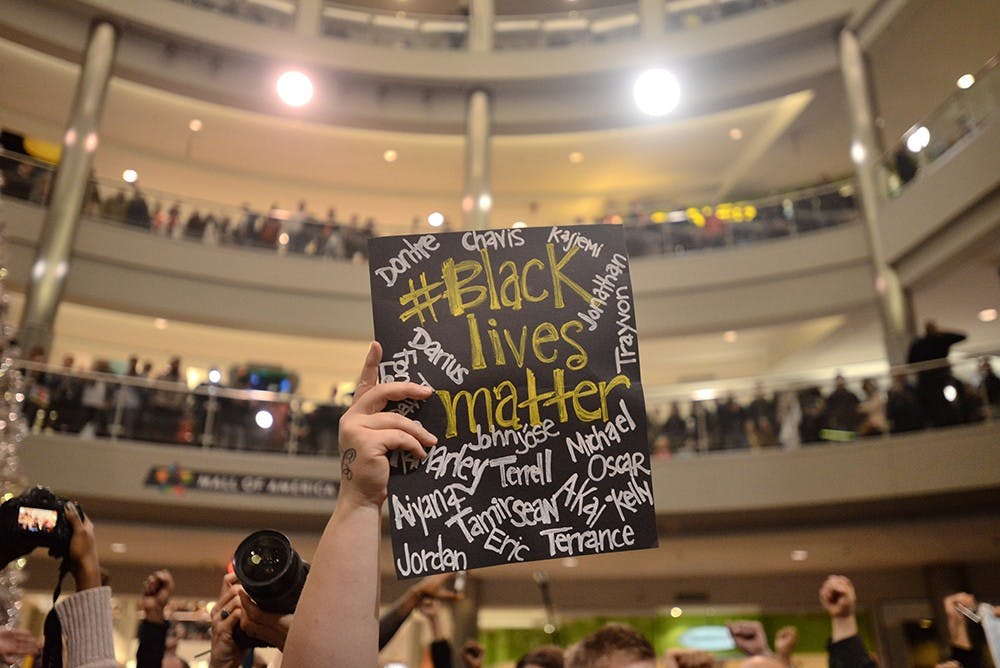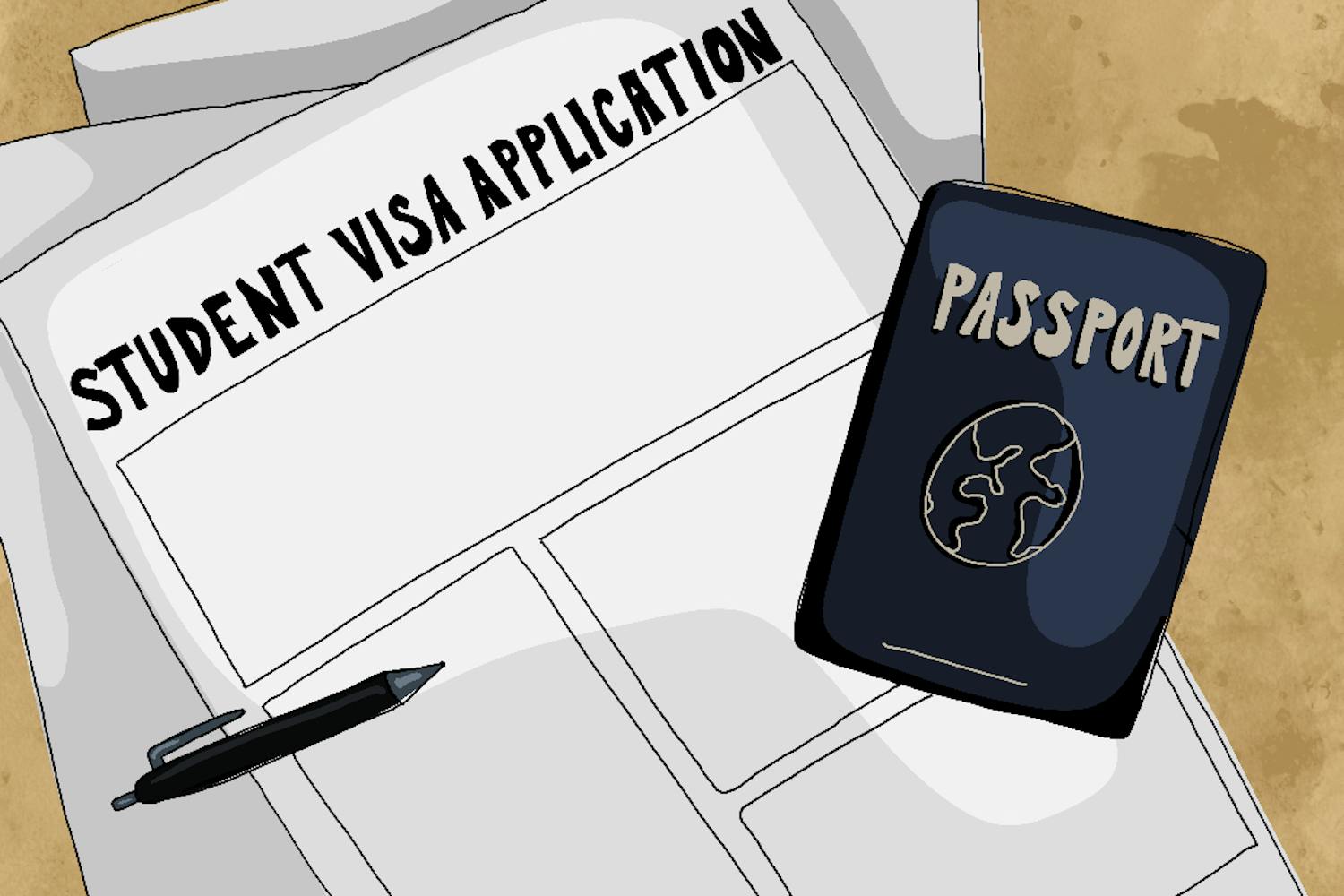“Black Lives Matter” has become a major social movement that all started with the Ferguson shooting in August 2014. On July 27, a video surfaced with footage of a Black Lives Matter rally showing the advocates pushing those “not of African descent” to stand outside of the circle. The advocates then threatened the reporter saying, “What are you going to do? I’ve got 800 black people behind me.”
On Aug. 8, a young woman named Marissa Johnson disrupted a Bernie Sanders campaign rally advocating her cause, calling the crowd “a bunch of screaming white racists” and creating a huge scene.
The definition of racism in the Merriam-Webster dictionary is “poor treatment of or violence against people because of their race.” By this definition, wouldn’t that mean that any form of hatred for any race is bad and that reverse racism is just racism? Hatred knows no boundaries. Hate comes in every size, shape, color, gender and age. Based on the two examples I gave above, we seem to forget that racism isn’t constrained to only caucasians.
Hatred has no race. If I say something cruel and hateful about a certain race, it doesn’t matter if I am Caucasian, African-American, Asian, or Hispanic; I made a racist statement. Whether some one made a racist statement or not should not be dependent on their race. Doesn’t that perpetuate racism itself, no matter the color of one's skin?
The “Black Lives Matter” protests seem to be violent and angry towards all other races. In a video, it shows “Black Lives Matter” protesters telling the reporter, who was not of African descent, to stand outside their circle while the protesters held a meeting. A protester then went on to threaten the reporter if he did not leave. During the speech given by Johnson at the Bernie Sanders rally, she cries because she has to tell “a bunch of screaming white racists” that her life matters. Protesters' actions have effectively created even more of a divide between the races and may be ruining our chances of moving towards a truly post-racial society.
I am speaking about hatred, the institutional oppression of races is another story. The hatred I am speaking of is interpersonal racism: hate crimes, racial slurs and social discrimination. This is not structural oppression as seen in the media, such as police brutality and discrimination in the work place.
Our faith is strong. Much stronger than the hatred being pushed by those who seek to divide us. #AllLivesMatter
— Avery Jesmer (@AveryJesmer) August 30, 2015
On Twitter, the two hashtags #BlackLivesMatter and #AllLivesMatter are constantly at odds. The All Lives Matter movement was created as a response to the Black Lives Matter movement and since its creation there has been some major backlash. A Storify by Twitter user “Bailey” stated that “#AllLivesMatter is a racist and inappropriate response to the #BlackLivesMatter.” This response creates an unnecessary divide between races when there could be unity against racism in our society. All lives should matter when we talk about hatred because hatred is color blind.
Racism is not limited to Caucasian people; anybody from any racial background has the capacity to be racist.
Reach the columnist at larober3@asu.edu or follow @lindsayaroberts on Twitter.
Editor’s note: The opinions presented in this column are the author’s and do not imply any endorsement from The State Press or its editors.
Want to join the conversation? Send an email to opiniondesk.statepress@gmail.com. Keep letters under 300 words and be sure to include your university affiliation. Anonymity will not be granted.
Like The State Press on Facebook and follow @statepress on Twitter.




